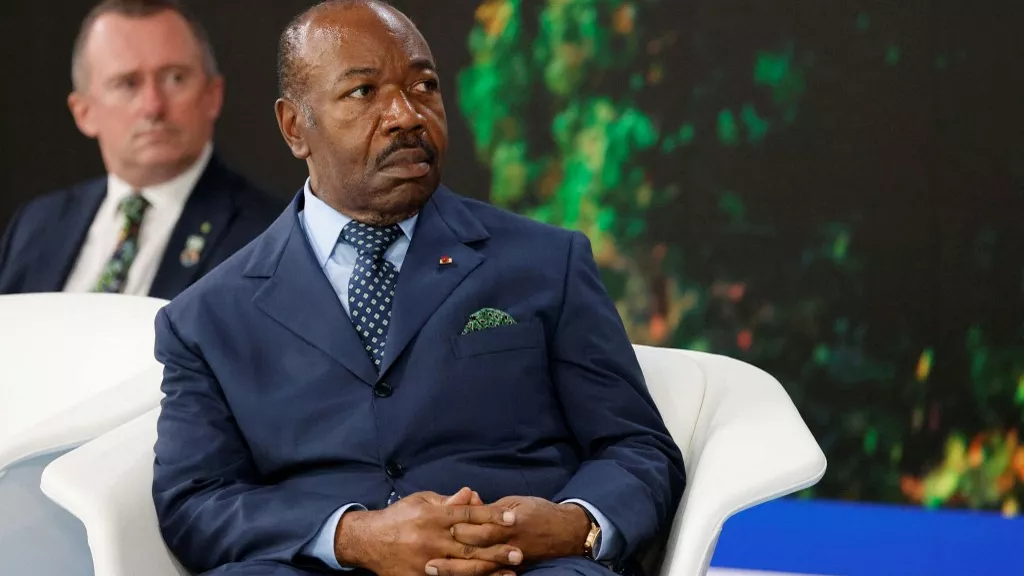Authorities announced on Monday that Ali Bongo Ondimba, the leader of Gabon and the favourite candidate to secure a third term, will be competing against 18 other candidates in the upcoming presidential election scheduled for next month.
The Bongo family has maintained control over the oil-rich West African state for a continuous period of 55 years.
After succeeding his father Omar Bongo Ondimba in 2009, the 64-year-old leader made an official announcement in July about his bid to run for the presidency once more.
The number of validated candidacy applications received by the Gabonese Election Centre stands at 19 out of 27, marking an increase of five candidates from the previous election in 2016.
Bongo’s main competitors for the top position include Alexandre Barro Chambrier from the opposition Rally for the Fatherland and Modernity (RPM) party, and Paulette Missambo, who is the head of the National Union.
Despite efforts to find common ground, the opposition couldn’t agree on a sole candidate to challenge Bongo in the August 26 poll. Instead, both candidates, who are former ministers, are running under the banner of the Alternance 2023 coalition.
Read also: Gabon President Ali Bongo Insists On Third Term Bid
According to Eddy Minang, the public prosecutor of Franceville, a rally organized by Chambrier’s party in the eastern city of Franceville on Sunday was interrupted by an ‘unidentified group.’
This group attacked activists at the rally, resulting in several minor injuries. The incident was reported to AFP (Agence France-Presse).
In April, the Gabonese parliament introduced an amendment to the constitution, resulting in the president’s term being reduced from seven years to five years.
Sections of the opposition strongly objected to the modifications, particularly the termination of two rounds of voting, asserting that it is a measure aimed at ‘facilitating the re-election’ of Bongo.
With the elections just around the corner and less than five weeks remaining, Alternance 2023 has raised objections to the alterations made to the electoral code.
Notably, one of the key modifications is the limited presence of observers at each polling station, with only three allowed: one for the ruling majority, one for the opposition, and one representing all independent candidates.

